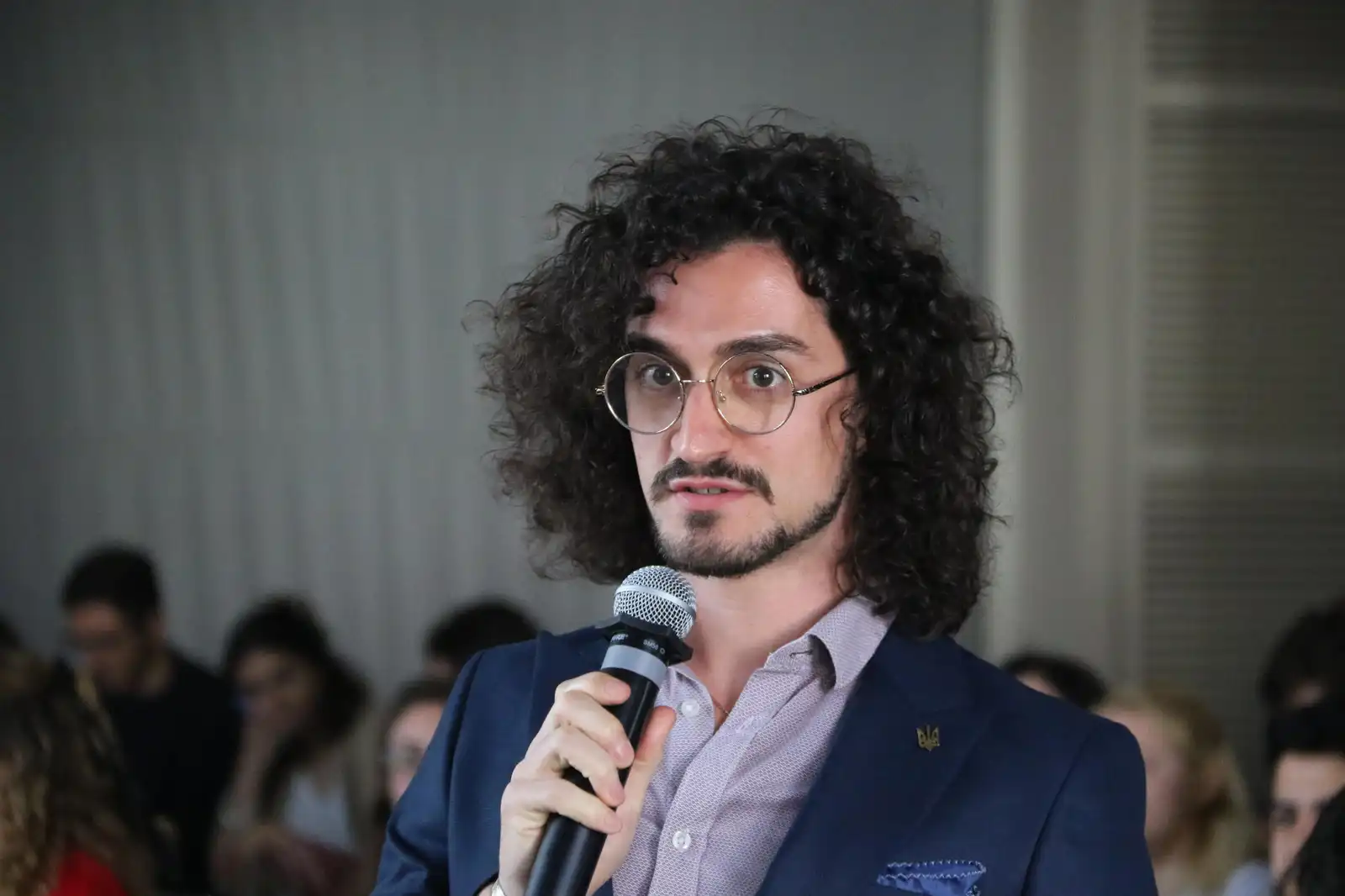Home>Alexis, Blue Book Trainee, European Commission
07.12.2023
Alexis, Blue Book Trainee, European Commission

Being French and Greek, Alexis has first graduated from a Chemical Engineering School in Montpellier (ENSCM), and after working for a year joined PSIA in the Master in Environmental Policy. Alexis took concentration courses in Europe and Sustainability as those are his main fields of interest since the career shift.
After an extra year of specialization in the College of Europe in Natolin (Poland), Alexis started a Blue Book internship at the European Commission based in Brussels. He currently is working in the unit of DG GROW (Internal Market, Industries and SMEs) preparing the Net-Zero Industry Act (NZIA) and the Ecodesign for Sustainable Products Regulation (ESPR).
What are your main responsibilities?
In my daily tasks, I can help any policy officer of the team in stakeholder meetings, organising events, or drafting briefings for higher Commission staff. I am in charge of supporting the team in its legislative negotiations, and internal briefings, in this context I can assist in international technical meetings with the European Parliament and the Council of the European Union but also cross-directorate discussions as the legislations in my unit are co-lead by multiple DGs.
I am also looking internally for better ways to account for existing Commission knowledge and data in certain fields, and how to fill the gaps with external sources, which is more of a project management occupation.
How did you prepare for this job?
Over the past year, even before entering Sciences Po, I had contacted on Linkedin some previous Blue Book interns (sometimes also PSIA Alumni) to grasp the work environment and expectations in the Commission. It really helps to understand from the inside an institution that can appear opaque, and that is very diverse from DG to DG.
What is the most fascinating part of your job?
Seeing the little steps taken inside such a prestigious and large administration. On one occupation I can feel the tension of the negotiations on legislation and visualize all the time spent in drafting and amending a wording that will appear in the end in the EU Official Journal, on the other one, the thrill of realizing how much energy and discussion time and phone calls or emails is needed to gather meaningful data for decision-making at high-level.
How did your PSIA experience contribute to the position you hold today?
The global knowledge awarded by generalist courses such as economics or IR allow a better grasp of the broader context of a given topic, but specialist courses in the European concentration such as a simulation of the ordinary legislative procedure, or about understanding the EU Energy policies, convinced me that I should focus on EU Affairs. This is why in the 3rd semester I carried out an internship in EU public affairs at a batteries company, and after graduating I further delved into EU considerations with an executive master in the College of Europe in Natolin (Poland). Both those experiences game the practical and theoretical (complementary to PSIA) insights to be ready to integrate an EU institutional body or work around it.
Additionally, during my time in PSIA, I took the EPSO competition training that gives the keys to understanding an EU competitive examination and will also put you in contact with EU-driven Science Po students.
What advice would you give to current students?
Get in touch with alumni, contact people who could give you insider insights on the jobs or institutions you're aiming for, stay open to opportunities and inform yourselves. Indeed, PSIA gives a great global understanding but to define your career path and orientation you'll have to explore the possible jobs and tasks by looking in all directions and listening closely to what moves you.